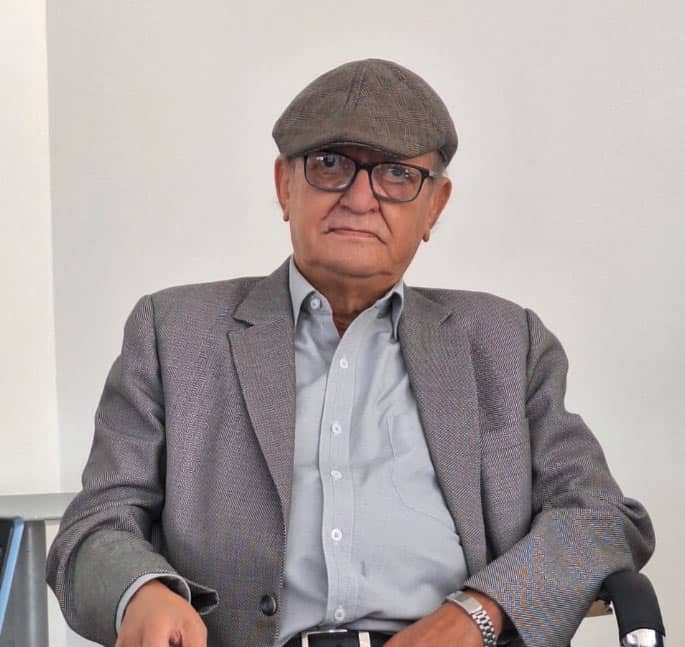The determination of civil society to become an agent of change, capable of influencing the direction of transformations and of converting its initiatives into project proposals, requires perseverance, diagnosis and the search for efforts by citizens and groups.
In this challenge, both individuals and groups are called to respond effectively and quickly, strengthening those aspects that place us at the centre of an environment marked by diversity and constant change. The long history of being an active citizen involves not only presenting demands, but also opening spaces to offer solutions to community problems.
It is about putting into practice the capacity and sensitivity of society, not only to identify problems, but also to innovate in the organizational culture, where the citizen element is fundamental for decision-makers. It is a process in which civil society adapts to a complex environment and with the appropriate synergy to promote consequent changes in various areas of action.
Over time, we have learned that to ensure our rights as actors in public decisions, whether at the local or national level, we must use our imagination and intelligence to obtain results.
However, institutional environments and the exercise of power often limit the role of citizens so that citizens become subjects and not drivers of change before the authorities, despite the resurgence of civil society as a political actor in democratic systems.
In the case of Mexico, although civil society has shown a growing interest in participating in public decision-making with a proactive and participatory spirit, there are difficulties, whether conceptual or political, in effective collaboration with the government. This makes it difficult for organized citizens to work together as active actors who analyze, influence and propose recommendations to strengthen the public agenda, the common good and the state of society in general.
Our civic rebellion seeks to break with the political culture and the authoritarian and perverse codes that relegate citizens to a passive role after elections and that they return to their homes or jobs.
In response to this, we have chosen to knock on the doors of government offices and Congress to open spaces for dialogue and present our public policy projects, thereby gaining greater spaces for participation and influence in public issues.
The great struggle lies in disputing public space to build a new relationship between citizens and public officials, establishing dialogue tables and routes to solutions where both parties assume responsibilities and are accountable for their commitments.
It is then essential to bring about change in public decision-making, because often, to achieve this, we must proactively resist, as authorities sometimes try to discourage or divide us in order to undermine or desist from our proposals.
It is necessary to identify precisely where and how civil society can influence the public policy cycle, recognizing progress and pointing out opportunities to not only influence but also expose weaknesses in the public sphere.
Maintaining a strong collective spirit and developing new lines of action has allowed us to make our voices heard, turning the achievements of our projects into seeds for a new reality of public policy, with the aim of increasing civil power and balancing the current political game, so that citizen participation and influence do not continue to be marginal or only circumstantial in matters of public interest.
On the path where civil society reaffirms itself as an agent of change and influence in decision-making and the cycle of public policies, in this Seventh Edition of our Platform we share significant experiences. We present testimonies from the organization “Let's do more for others” and two young women from “Young Community Builders“We also included the presentation of the results of the multi-stakeholder dialogues”Towards an Agenda for Youth Employability“. In addition, we offer reflections on Mexican youth facing job uncertainty, contributed by Professors Sonia Romero and Blanca Gómez from the Mora Institute. We highlight the perspective on the construction of the future of work between civil society, companies and governments, shared by Cecilia Galván, Public Advocacy researcher at Civic House. All these organizations and experts share their vision on how to contribute to the advocacy process.
In short, this new approach of a citizenship with the vocation of being actors that influence through our projects and successful experiences is aimed at laying the foundations for a quality democracy.






